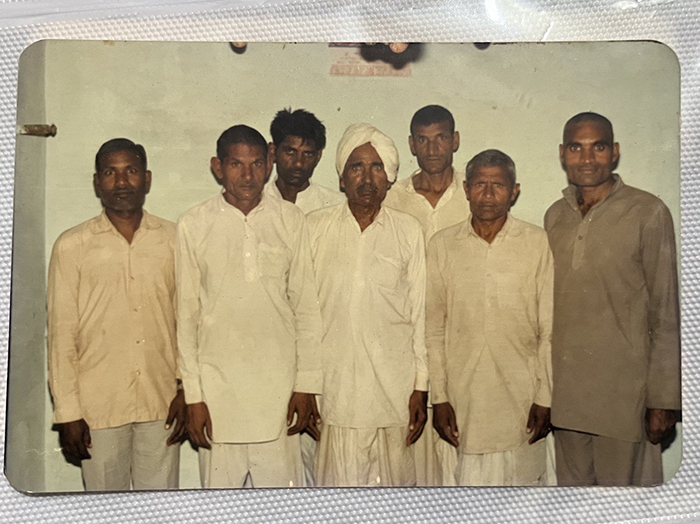Navigation auf uzh.ch
Navigation auf uzh.ch
Minee Pratiksha

The research project is about the trajectory of Dalit Refugees in the event Partition 1947. It attempts to analyze how caste identity influences the struggles for rights, rehabilitation, and citizenship in the post-independence context. From the 1940s till today, a great deal has been written about ‘the partition of India’, but very little is known about Dalit. The selection of focus here is mainly for distinct reason for tracing the long-ignored history of lower caste communities, its contemporary relevance and its relative neglect in ongoing societal discussion. It has a threefold purpose: to trace their migration histories; understand the transmission of memory of resettlement; and recognize the significance of memory culture among the communities today.
For Dalits, independence represented not only liberation from a colonizer state but also the promise of emancipation from oppressive societal practices, with the constitution of India guaranteeing them equal status. By examining refugee rehabilitation policies, this research emphasizes the nuanced debate of class and caste. It delves into the historical practice of spatial segregation evident in post-independence resettlement programs, illustrating how these policies often perpetuated the ever-existing social hierarchies.
When examining Dalit refugees in the context of Partition, it is essential to consider both public memory and personal memory. I will explore the transmission of memories that are reinforced through these practices through questions such as: Did the continuity of caste-consciousness in memory transmission play a crucial role in sustaining and navigating memory over time? Have the fundamental information and experiences that form caste identity been lost over time to the reduction of Partition memory as a communal issue between religious communities? Furthermore, the study critiques the absence of a legal system that adequately addresses the intersectionality among refugees, underscoring the need for more inclusive and equitable approaches in contemporary policy-making.
In the sense of its sociological-historical approach, both scholars and the governmental system are dealing with cases of identity-driven human rights abuses as well as refugee crises. While the exposure and analysis of caste discrimination is the goal of my dissertation, my study will be the first to shed light on the government’s effort during the refugee crisis and touch upon questions of policies in resolving the crisis. Themes such as displacement memory, social exclusion and identity; prominent areas which enriches the research scope. By presenting this topic in a European context, my research aims to foster cross-cultural understanding and contribute to discussions on social structures, discrimination, and equality.